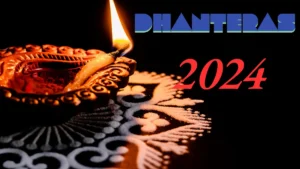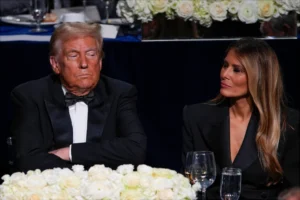Who Is Tahawwur Hussain Rana :
A US court has approved the extradition of Tahawwur Hussain Rana, a Pakistani-Canadian businessman, to India. Rana is a key suspect in the 2008 Mumbai terror attacks that claimed over 160 lives. Despite being acquitted of charges related to the attacks in a US trial, India has sought his extradition to face charges of conspiracy and terrorism.

A US appeals court has affirmed the extradition of Rana to India to face charges related to the 2008 Mumbai terror attacks. Rana, previously convicted in the US on related charges, will now be handed over to Indian authorities to stand trial for his alleged role in the deadly siege.
In a significant legal development, a US court has ruled in favor of India’s extradition request for Tahawwur Hussain Rana, a key suspect in the devastating 2008 Mumbai terror attacks orchestrated by Pakistan-based Lashkar-e-Taiba.
Rana, a Pakistani-Canadian businessman, was previously convicted in the United States for providing material support to the terrorist organization. While acquitted of charges directly related to the Mumbai attacks, Indian authorities have persistently sought his extradition to face trial for his alleged role in the conspiracy.
The court’s decision marks a crucial step in India’s pursuit of justice for the victims of the Mumbai attacks and could have far-reaching implications for counterterrorism cooperation between the two nations.
A three-judge panel of the U.S. Court of Appeals for the Ninth Circuit has affirmed a lower court’s decision to allow the extradition of Tahawwur Hussain Rana to India. Rana, accused of involvement in the 2008 Mumbai terror attacks, had challenged the magistrate judge’s certification of his extradition in a habeas corpus petition. The appellate court’s ruling upholds the original decision, paving the way for Rana’s potential transfer to India to face trial.
Where Is Tahawwur Hussain Rana :
Tahawwur Rana, a Pakistani-Canadian businessman, is currently incarcerated in a Los Angeles jail. He is a key figure in the 26/11 Mumbai attacks case, accused of conspiring with David Coleman Headley, a Pakistani-American Lashkar-e-Taiba (LeT) operative, to aid and abet the terrorist plot that devastated India’s financial capital in 2008.
Tahawwur Rana, the key conspirator in the 2008 Mumbai terror attacks, faces imminent extradition to India after a U.S. appeals court upheld a lower court’s ruling. While this decision marks a significant step in India’s pursuit of justice, Rana still has recourse through the U.S. legal system. He can appeal the ruling to a higher court, potentially delaying the extradition process.
The court’s decision hinged on the interpretation of the extradition treaty between India and the United States. The panel determined that Rana’s alleged offenses fell within the treaty’s scope, rejecting his argument that double jeopardy should prevent his extradition. This decision effectively narrows Rana’s legal options, but the possibility of further appeals remains.
The appellate court’s ruling was grounded in a meticulous examination of the extradition treaty’s language, bolstered by the US State Department’s technical interpretation and precedent established in other jurisdictions. The panel concluded that the treaty’s term “offense” specifically refers to the individual criminal charges, necessitating a granular analysis of each crime’s constituent elements rather than a broader consideration of underlying actions.
Significantly, the court dismissed the relevance of a co-conspirator’s plea agreement to the case. The judges determined that the principle of “non bis in idem,” which safeguards against double jeopardy, was inapplicable as the charges in India and the US encompassed distinct elements, precluding a finding of identical offenses.







